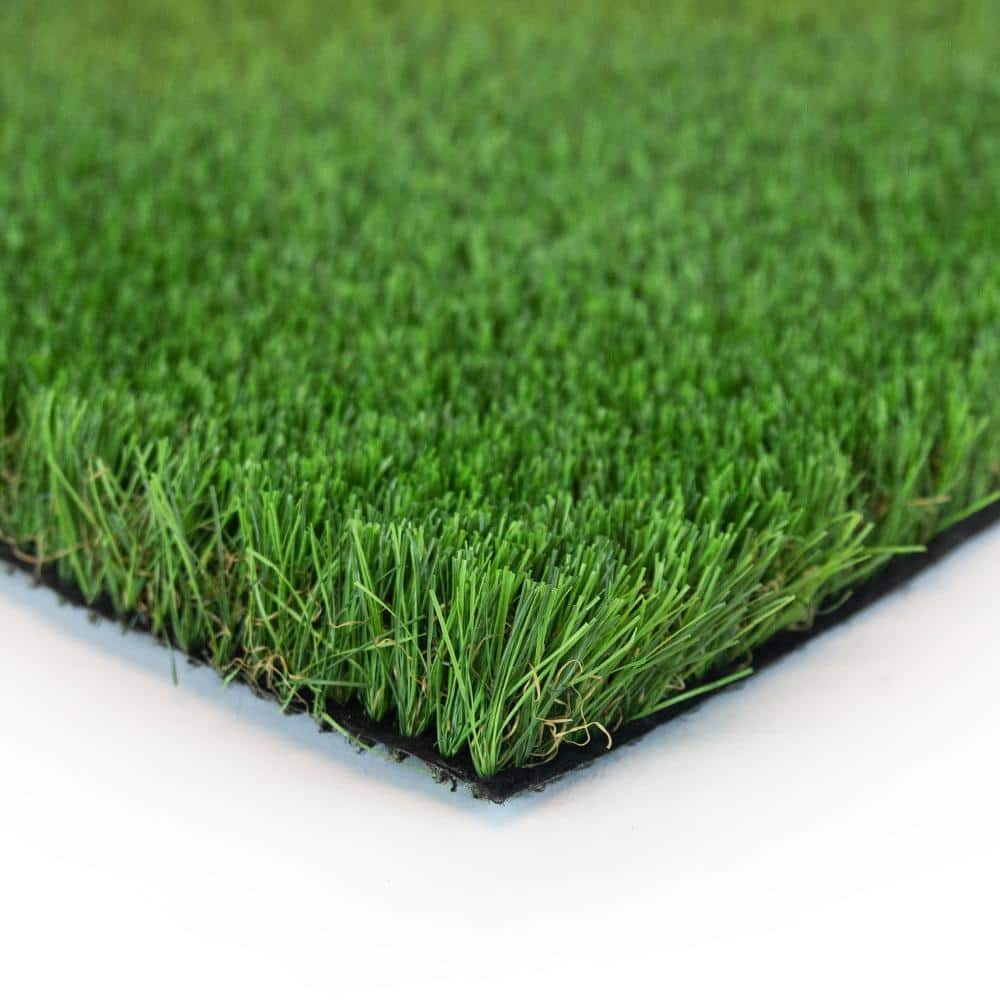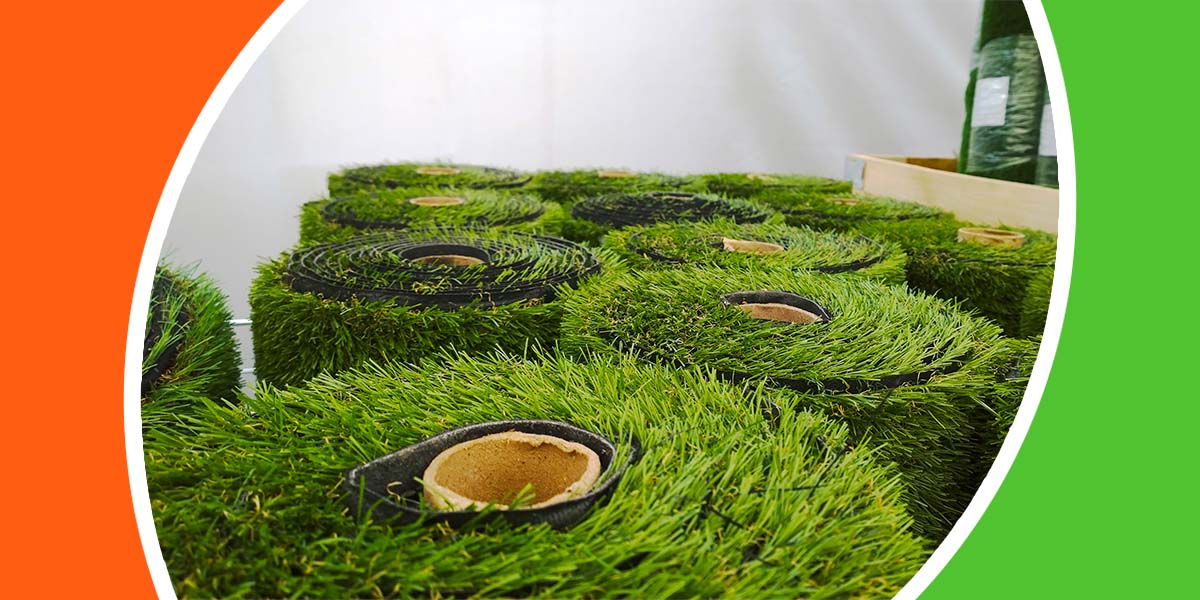Top Phoenix Turf Companies Delivering Premium Synthetic Lawn Products
Delve Into the Environmental Advantages of Opting for Synthetic Grass Solutions
The adoption of fabricated turf solutions provides an engaging possibility to address pressing environmental difficulties. By significantly decreasing water usage and lessening the application of hazardous chemicals, these options not just advertise lasting landscape design yet likewise safeguard regional environments.
Water Preservation Conveniences
One of one of the most substantial benefits of synthetic grass is its capability to save water. Conventional turf lawns need considerable irrigation, especially in locations prone to dry spell or water constraints. On the other hand, synthetic grass does not require watering, dramatically lowering the general demand for water resources. This function is particularly useful in arid regions where water scarcity is a pushing issue.
By eliminating the demand for regular watering, synthetic grass adds to sustainable landscape practices and helps mitigate the environmental influence of too much water usage. Furthermore, the preservation of water reaches the reduction of drainage, which can result in dirt erosion and waterway contamination.
In addition, the installation of synthetic grass allows communities and homeowners to allocate water resources a lot more successfully, concentrating on important usages such as alcohol consumption water and farming. The change towards synthetic grass not only advertises liable water usage yet additionally straightens with broader ecological goals focused on protecting all-natural sources.
As neighborhoods significantly focus on sustainability, the water preservation advantages of synthetic lawn offer an engaging instance for its fostering in commercial and residential landscaping jobs.
Decreased Chemical Usage
The shift to synthetic grass substantially lowers the dependence on chemical treatments typically used in natural turf maintenance. Traditional lawn administration normally includes the application of fertilizers, herbicides, and pesticides to promote growth and control pests. These chemicals can present threats to human wellness, regional wildlife, and the environment, adding to soil and water contamination.
In contrast, fabricated grass eliminates the demand for these damaging materials. By reducing the launch of synthetic compounds into the community, fabricated turf promotes much healthier dirt and water systems.
Furthermore, the lack of chemical runoff connected with synthetic grass setups aids protect regional rivers from pollution, supporting water life and keeping biodiversity. Artificial turf companies phoenix. As neighborhoods significantly prioritize sustainable methods, choosing man-made turf provides a feasible remedy that straightens with ecological conservation goals. With this shift, property owners can take pleasure in lavish environment-friendly rooms without endangering ecological health, leading the way for a much more sustainable future
Reduced Carbon Impact

In addition, the installation of synthetic grass can lead to considerable water preservation. All-natural lawns call for substantial quantities of water for watering, which not just includes in the carbon impact connected with water removal and therapy but also strains local water resources. On the other hand, man-made grass needs important site minimal maintenance, requiring no watering, thus substantially reducing water usage and its associated energy costs.
In addition, the durability of artificial lawn contributes to its decreased carbon impact. With a life-span of as much as 15 years or even more, the need for constant substitutes is reduced, leading to much less waste and reduced energy consumption in manufacturing and taking care of conventional turf alternatives. Overall, synthetic grass provides a sustainable alternative for eco mindful landscaping.
Habitat Conservation
Environment preservation is a crucial consideration in the debate over landscape design options, particularly when websites contrasting synthetic grass to all-natural turf. All-natural lawn lawns commonly need comprehensive upkeep, including using fertilizers, chemicals, and herbicides, which can negatively impact local ecosystems. These chemicals can seep into the soil and rivers, harming indigenous flora and animals and disrupting neighborhood habitats.
In comparison, synthetic grass presents a possibility to decrease the environmental impact of landscaping. By choosing for artificial turf, home owners can reduce the interruption of natural environments linked with conventional grass treatment practices. Fabricated turf gets rid of the demand for damaging chemicals, therefore securing neighboring wild animals and maintaining the stability of surrounding ecosystems. Additionally, the installment of synthetic grass can cause the conversion of previous turf areas right into even more biodiverse landscapes, such as pollinator yards or indigenous plant locations, which can support neighborhood wildlife.
Eventually, the shift to synthetic lawn not only conserves water and reduces maintenance efforts however also fosters an extra harmonious relationship between human tasks and the all-natural atmosphere, promoting environment preservation while doing so.
Long-Term Sustainability
Long-term sustainability is an important consider assessing the advantages of synthetic grass over conventional grass lawns. One of one of the most considerable benefits of synthetic grass is its toughness; it can last as much as 15-20 years with minimal upkeep, whereas natural yard requires constant reseeding and substitute. This longevity minimizes the need for consistent resources, such as water, fertilizers, and chemicals, which are important for keeping a healthy yard lawn.
In addition, synthetic grass adds to a decrease in carbon discharges related to yard treatment devices. Traditional lawns typically call for gas-powered lawn mowers, leaners, and blowers, every one of which add to air contamination. Arizona artificial turf. In comparison, man-made grass gets rid of the requirement for such tools, promoting a cleaner setting
In addition, the production of fabricated turf significantly utilizes recycled materials, boosting its sustainability profile. As makers adopt green practices, the environmental impact of synthetic grass remains to lessen.

Final Thought
The adoption of synthetic grass options offers significant ecological advantages, consisting of significant water conservation, reduced dependence on dangerous chemicals, click here for more and a lower carbon footprint. Artificial grass aids in protecting all-natural habitats by lessening land disturbance and promoting lasting sustainability through the usage of resilient products. Collectively, these aspects emphasize the potential of synthetic grass to contribute positively to ecological health and provide a viable option to typical landscaping practices in a significantly resource-conscious globe.
In comparison, artificial grass does not require watering, dramatically reducing the general demand for water sources. By reducing the release of artificial substances into the ecological community, artificial lawn advertises healthier soil and water systems.
Additionally, the setup of man-made lawn can result in substantial water conservation. In contrast, synthetic turf requires minimal maintenance, requiring no watering, thus considerably minimizing water usage and its associated energy costs.
